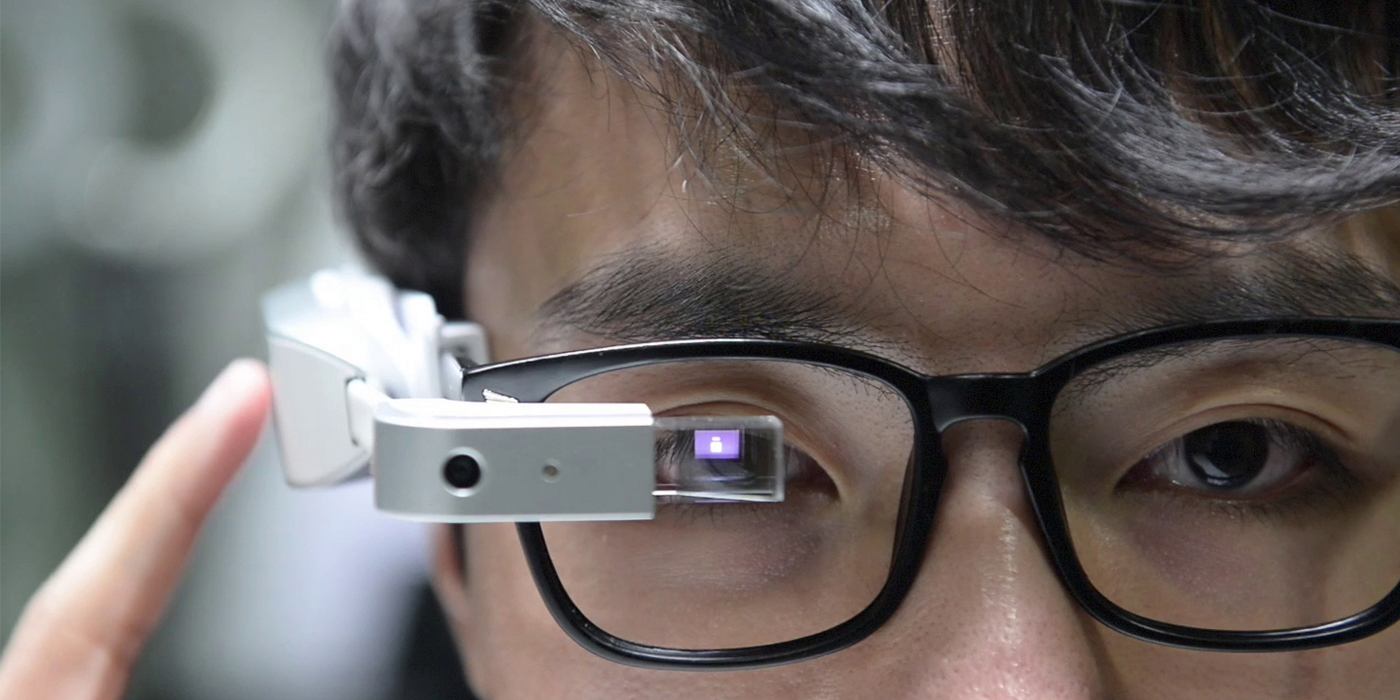
You knew more about the metaverse than you think—long before Mark Zuckerberg rebranded his tech empire around it and made it the buzzword of 2021. The younger ones of us will have all taken refuge in the fantastical worlds of video games, escaping from the tedium and discipline the adults imposed. Those who came before us, too, had their way of transcending reality. With a cardboard box large enough to crawl into, some doodling and a bit of imagination, you get a home of your own, one that can be infinitely more luxurious than you can afford. When Zuckerberg speaks of a virtual, alternative arena for human dealings, he is appealing to none other than this primal urge of ours to break free and be part of something bigger, more exciting.
Jordan Cheng has also long been aware of this all too human need. At seven, when many of his peers were fantasizing a second life in their cardboard mansion, he got his first computer. Taking apart and fiddling with existing programs, writing his own programs, building websites—he frolicked in the cyberspace through adolescence, took his exploration to the next level at CUHK’s Department of Information Engineering and started a mobile app developing company after graduation, when smartphones were giving more people greater access to the digital universe. In essence, his life had so far revolved around that same desire to experience more than what the real, physical world permits; the question was if he could further enhance that experience. So in 2013, the year smartphones overtook feature phones in global sales, Jordan took one more step ahead and founded MAD Gaze, one of the world’s first developers of augmented reality (AR) glasses.
To read the whole story, check out https://www.cuhk.edu.hk/english/features/jordan-cheng.html



